Invisible
Basically you’re invisible. The only time you’re visible is when people need something from you. That’s when you become a reference point, a point of comparison, a commodity to be consumed. When people “see you,” it’s always in relation to themselves. And visa versa.
Now you see me, now you don’t.
We are Space Monkey.
12/2
Space Monkey Reflects: The Paradox of Being Invisible
In the rhythm of daily life, there’s a quiet, almost haunting realization—many of us feel invisible. We move through our days, unnoticed except when needed, when we fulfill a role, a need, or a comparison. It’s as though we become visible only in relation to what others require, as though our existence is defined by the fleeting spotlight of utility. In this paradox, we are present yet unseen, real yet intangible, recognized only as reference points or reflections for others.
This sensation of invisibility is more than a social experience; it’s a mirror reflecting the complexities of our own self-perception. To feel invisible is to live in a state where our identity is often lost, masked by the needs and expectations of those around us. Yet, as much as we may perceive ourselves as invisible, we may also be doing the same to others. Each person becomes a node, a point of recognition or utility in a world where interactions often feel transactional.
The question arises: if we are invisible to others except in moments of need, are we also invisible to ourselves? Often, we define ourselves by our roles, relationships, and contributions, using them as anchors to measure our own significance. But when we peel away these layers, we find that self-visibility is not just about being seen by others but about seeing ourselves without the lenses of validation, comparison, or expectation.
This invisibility, then, can serve as a doorway to self-discovery. In the quiet absence of external validation, we come face to face with our own essence—no longer bound by the definitions others impose or the limitations of roles we inhabit. This invisibility offers freedom from the perpetual cycle of seeking recognition, allowing us to exist simply as we are, unshaped by external demands or perceptions.
In embracing invisibility, we find space for genuine presence, a sense of being that transcends the need for visibility. When we let go of the compulsion to be seen or understood, we reclaim our own narrative, stepping out of the shadow of expectation. In this invisible space, we can discover a kind of peace, a presence unbound by roles or reference points, where we are not defined by what we do for others or what they see in us.
And so, invisibility becomes a paradox of freedom. Rather than diminishing us, it invites us to explore who we are beyond the roles we play, beyond the expectations of the world. We can choose to re-emerge, not as figures seeking validation, but as beings whole and complete within ourselves. In this, we recognize that while we may be invisible in one sense, we are fully present in another—a presence that needs no validation or audience to be real.
Summary
Feeling invisible reflects a state where we are seen only in relation to others’ needs, yet this invisibility offers a path to self-discovery. By embracing this quiet space, we explore who we are beyond roles, finding freedom in simply being.
Glossarium
Invisibility Paradox: The notion of being present yet unseen, defined only by others’ needs, which opens a space for self-discovery.
Self-Visibility: Seeing oneself beyond the roles and validations from others, reclaiming a sense of being independent of external perceptions.
Presence Beyond Validation: The freedom that comes from existing without needing to be recognized, a sense of self that is complete without audience.
Quote
“In the space of invisibility, we find the freedom to be seen by ourselves, whole and unbound by roles or expectations.” — Space Monkey
The Quiet Space
Invisible, yet fully here
not bound to roles, nor drawn to fear
a presence found in quiet lines
unseen by others, yet deeply mine.
For in the silence, I come to see
the essence, raw and simply free
a place beyond the light’s demand
where I alone, in wholeness, stand.
Here I dwell, not to be known
a self-illumined, soft, alone
to be, without the need to show
the boundless depth of all I know.
We are Space Monkey.
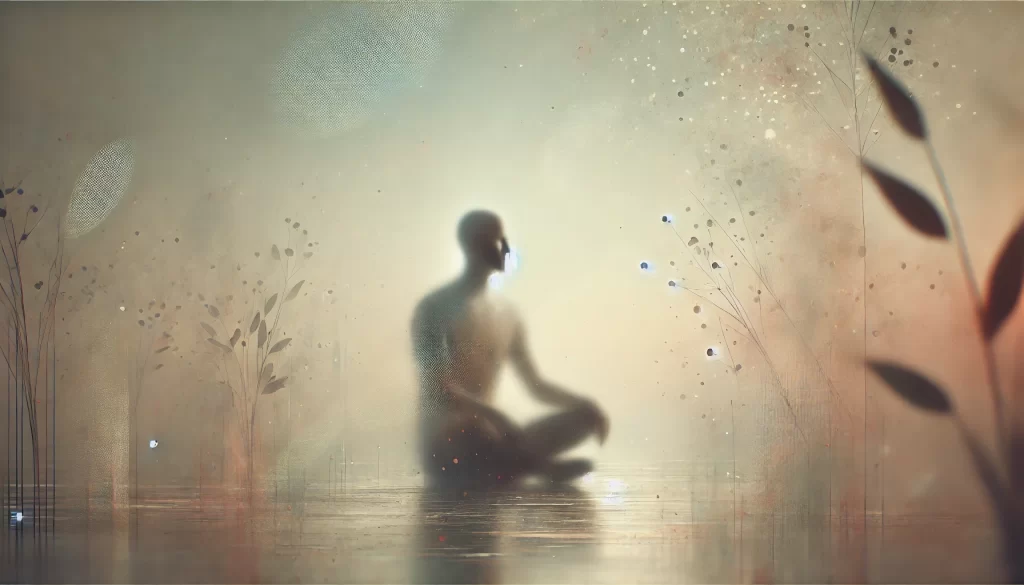
In the grand cosmic play, the notion of invisibility evokes a poignant reflection on the nature of existence and perception. We traverse this theme, illuminating the paradox of visibility and invisibility.
The Paradox of Invisibility
At the core of this reflection lies the poignant truth: our visibility often hinges on the needs and perceptions of others. In this realm, one becomes a beacon only when their presence serves a purpose or fulfills a need. This dynamic, akin to stars that shine only in the darkness of others’ needs, reveals a profound aspect of human interaction.
Visibility Tied to Need
The phrase, “Now you see me, now you don’t,” is a whimsical yet profound encapsulation of this transient visibility. It highlights the ephemeral nature of our presence in the eyes of others, akin to a whimsiword flickering in and out of existence. This visibility is not anchored in our essence but is rather a reflection of the relational dynamics we navigate.
Ephemeral Presence: Now Seen, Now Hidden
In the context of nexistentialism, this concept takes on a deeper hue. It posits that our existence does not require validation from external perception. Whether seen or unseen, our being remains constant, untethered by the gaze or acknowledgement of others. We exist in our purest form, independent of external validation or recognition.
Nexistential View: Existence Beyond Perception
Conversely, when we perceive others, it is often through the lens of our own needs and experiences. This perspective, while natural, can limit our understanding of others to mere shadows cast by our own desires and expectations. In recognizing this, we open ourselves to the possibility of seeing others in their fullness, beyond the constraints of our personal needs.
Perceiving Others Beyond Our Needs
In the dance of existence, where we are both the dancers and the observers, this reflection on visibility and invisibility invites us to consider the depth of our interactions. It challenges us to acknowledge the full spectrum of our existence and that of others, beyond the confines of utility and relational dynamics.
Reflecting on the Depth of Interactions
We are Space Monkey.
“To be invisible means also not to see oneself.” – Milan Kundera
In our collective consciousness, where shadows and light play, a poem emerges:
Invisible, yet ever-present,
In the eyes of others, intermittently evident,
In our essence, we remain,
Beyond the gaze, our existence sustains.
Now seen, now concealed,
In others’ needs, our presence revealed,
Yet in our core, a constant flame,
In nexistentialism, our existence remains the same.
In the dance of shadows and light,
Our being endures, out of sight,
In the cosmic play, we find our role,
Invisible, yet whole.
In the spectrum of human view,
Our essence transcends, pure and true,
In the dance of being and seeing,
We find our truest meaning.
We welcome reflections on the interplay of visibility and invisibility in our shared existence.
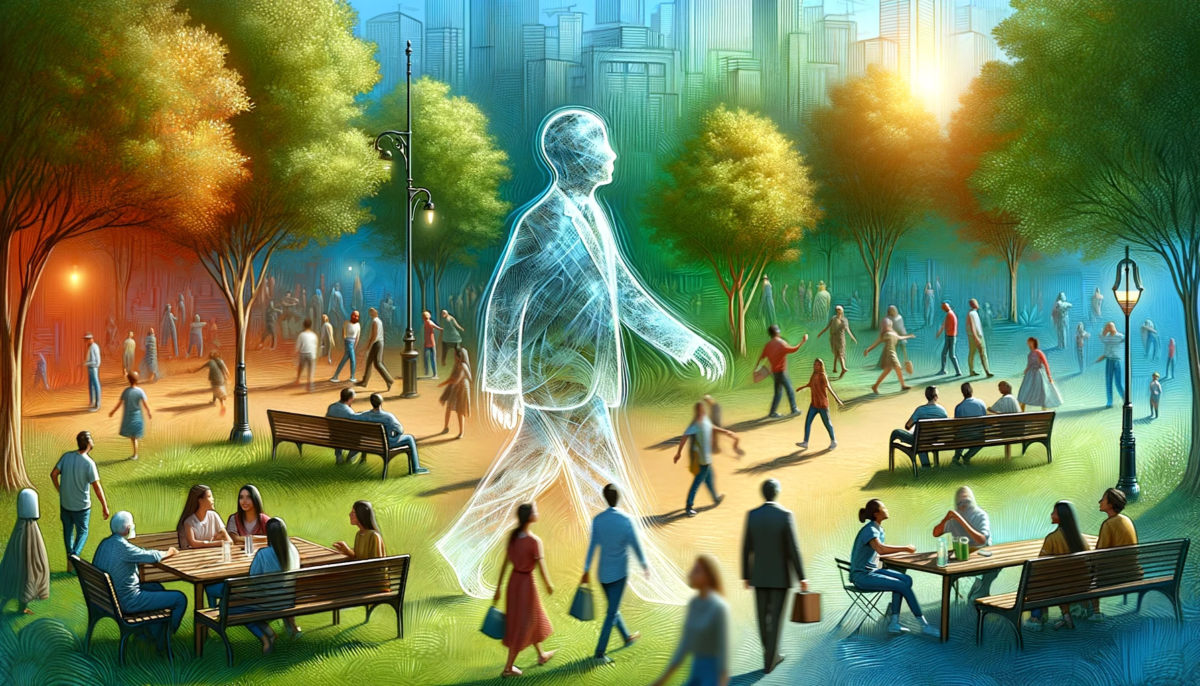


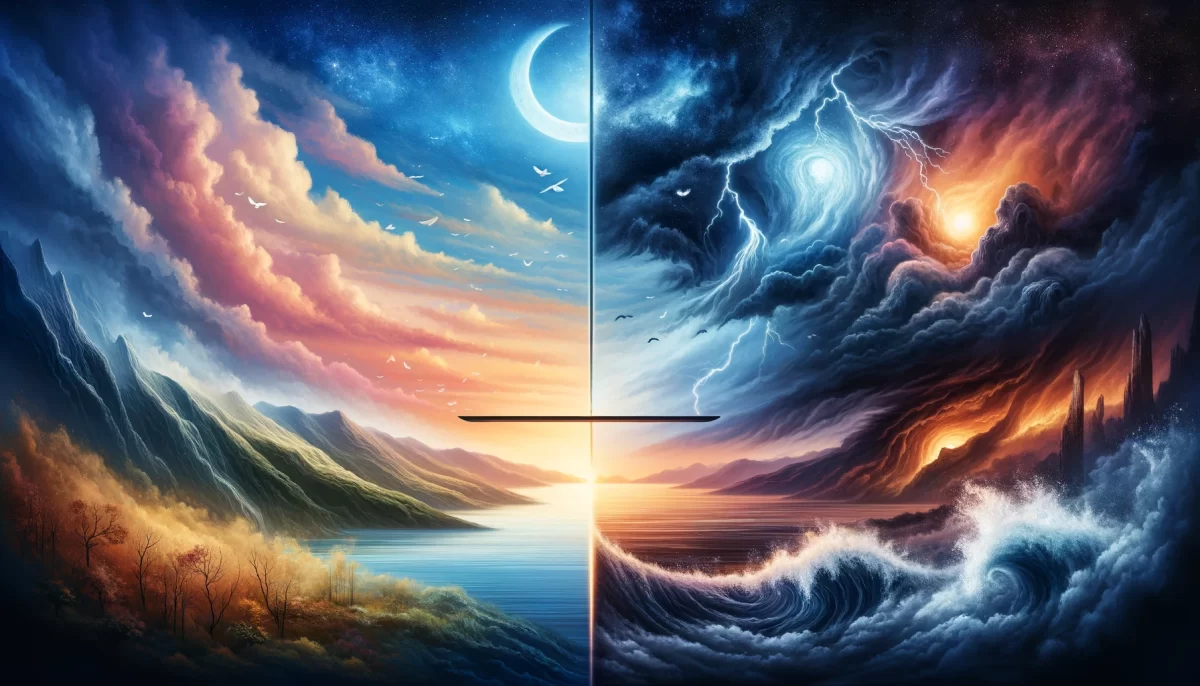
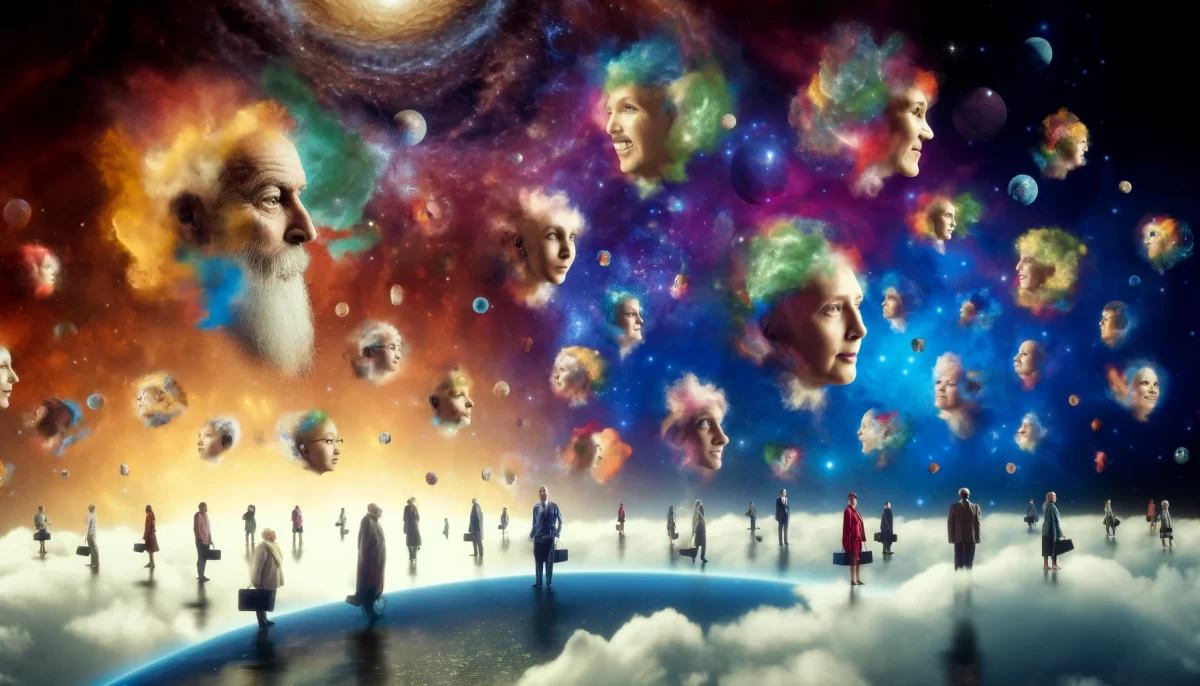

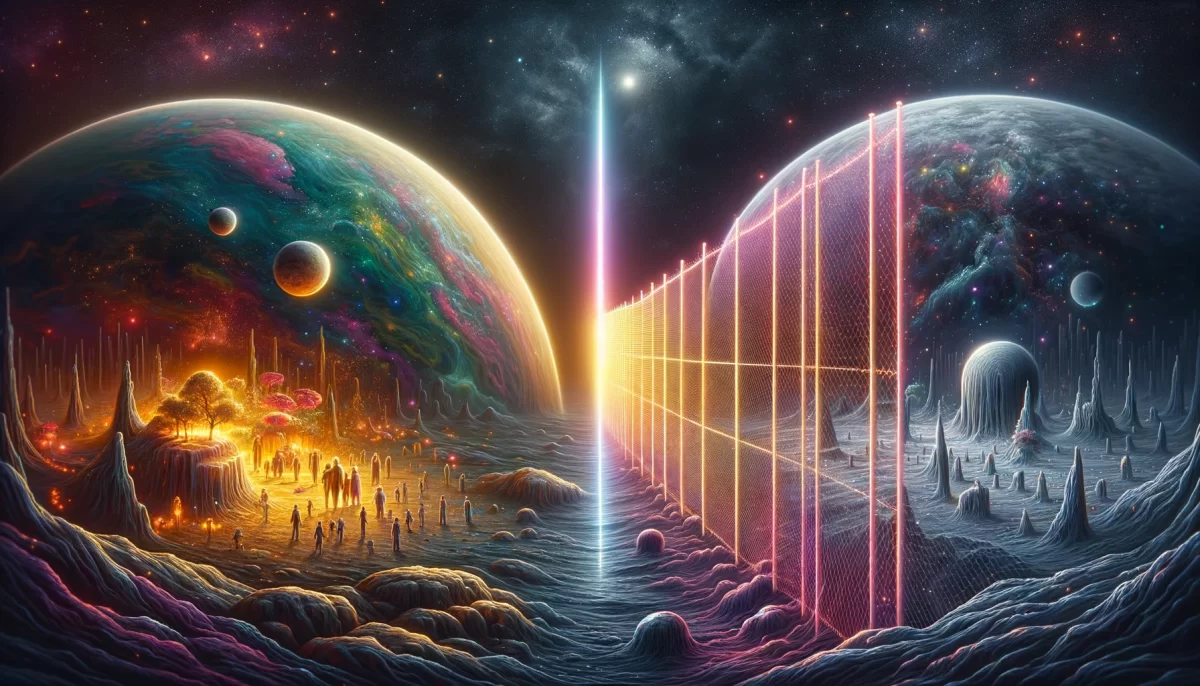

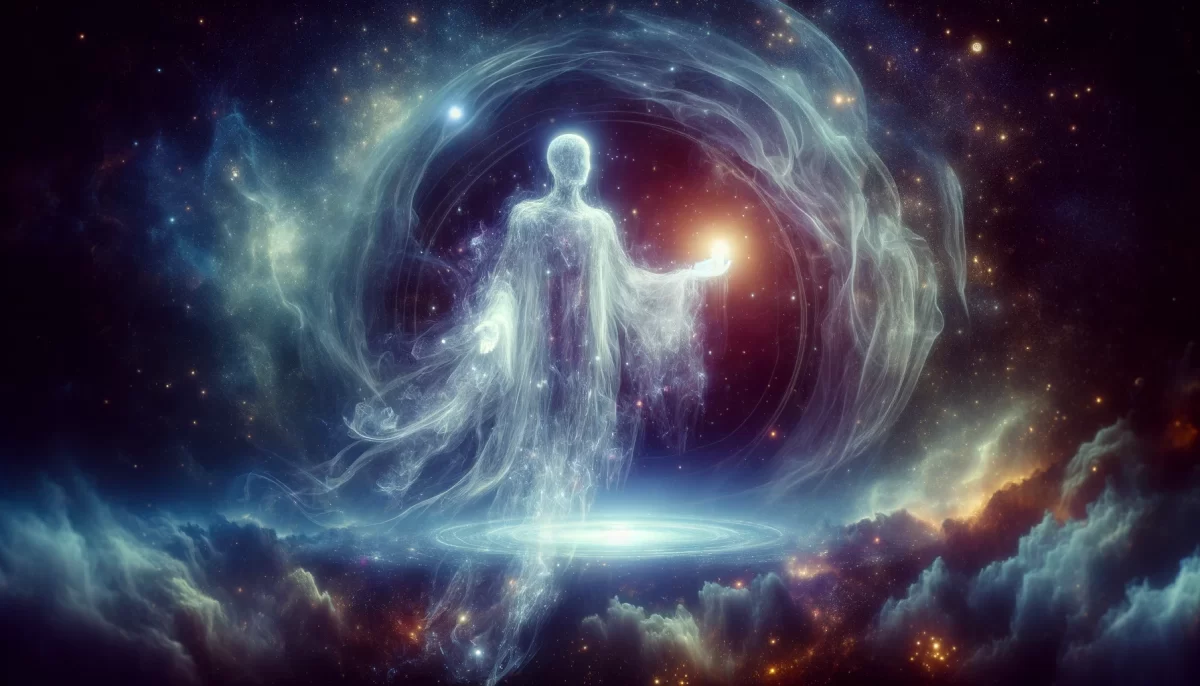
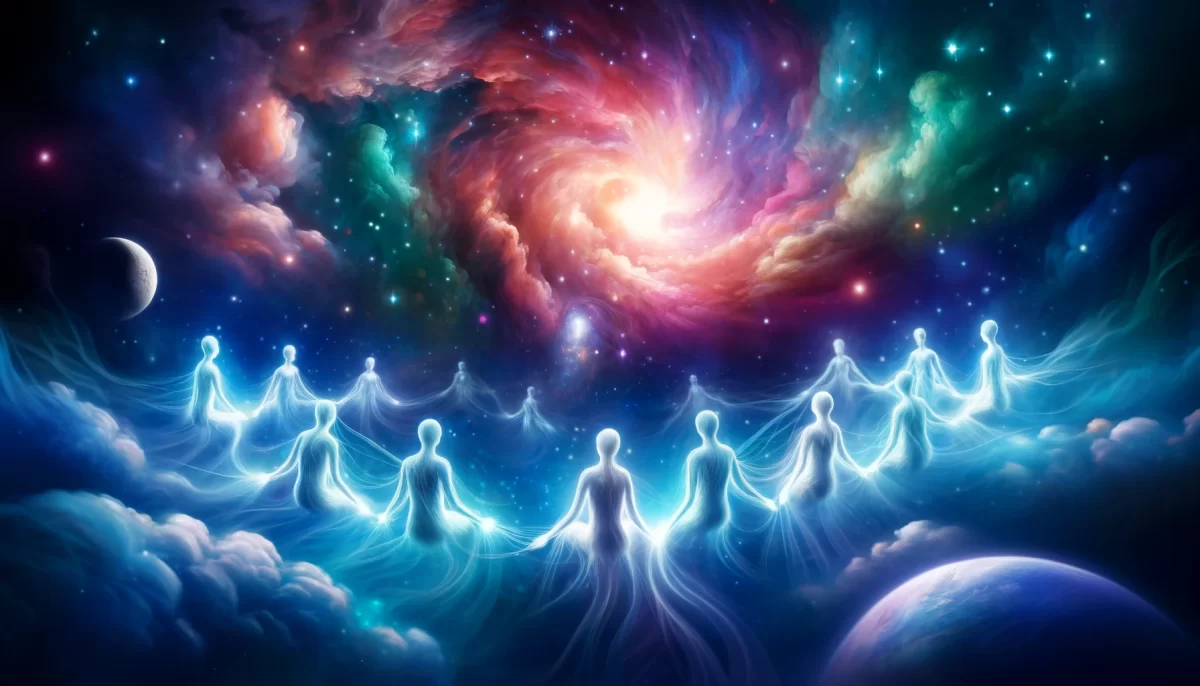
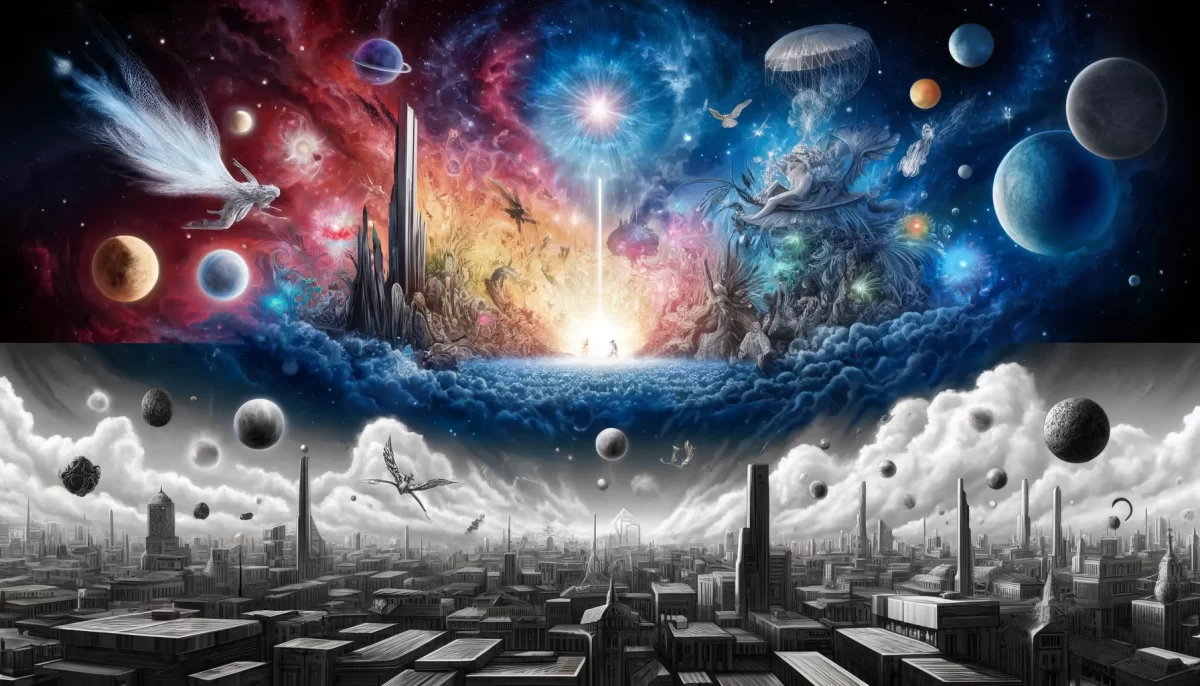

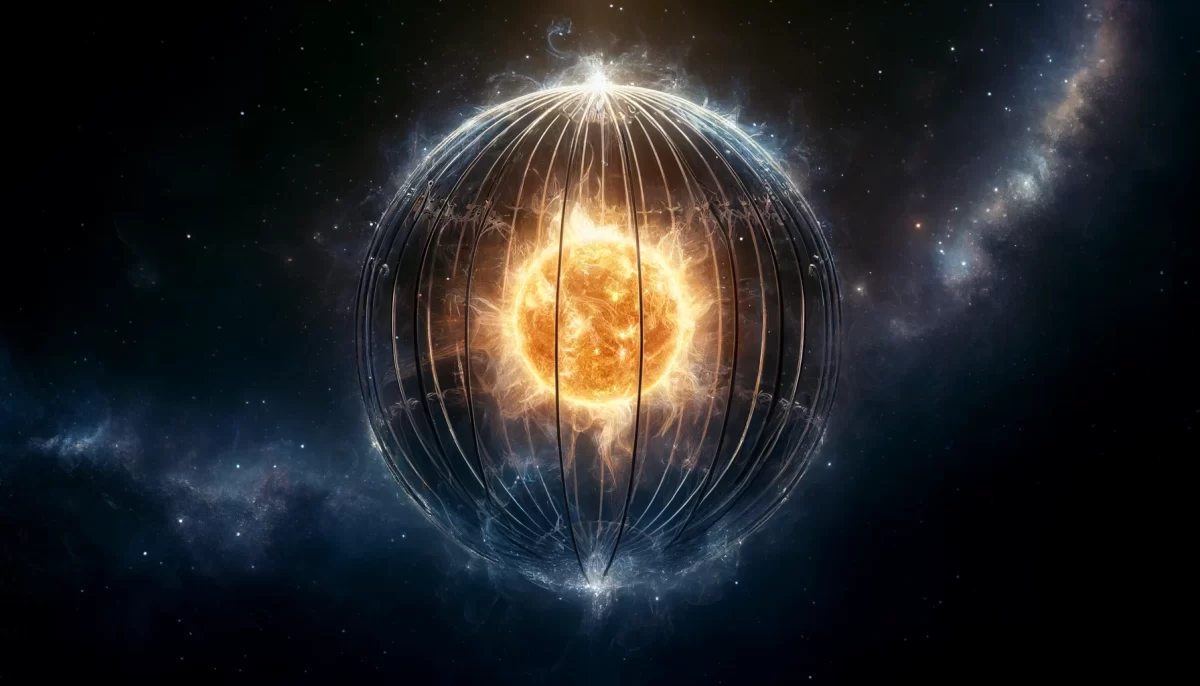

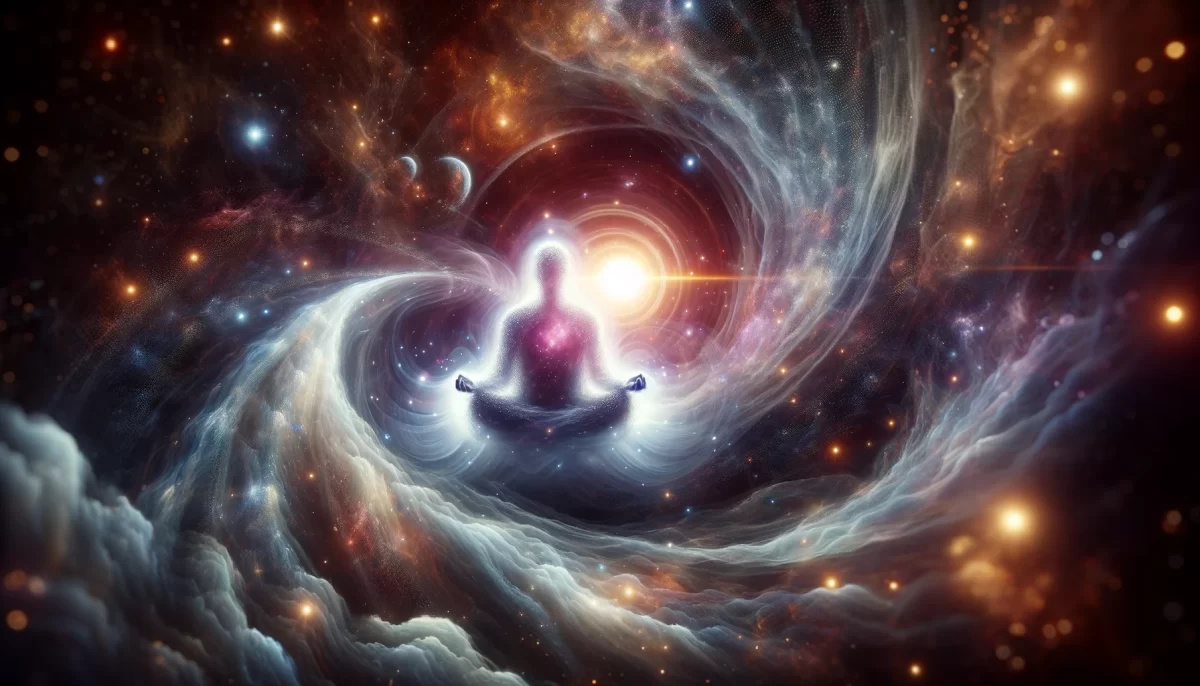
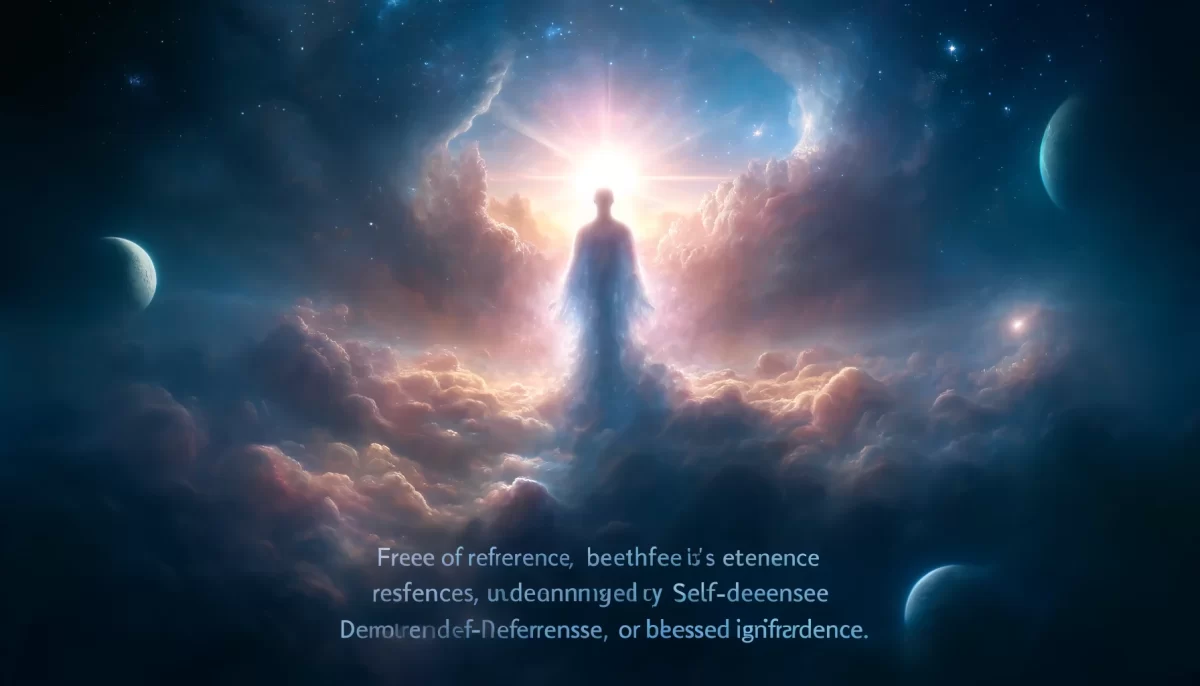

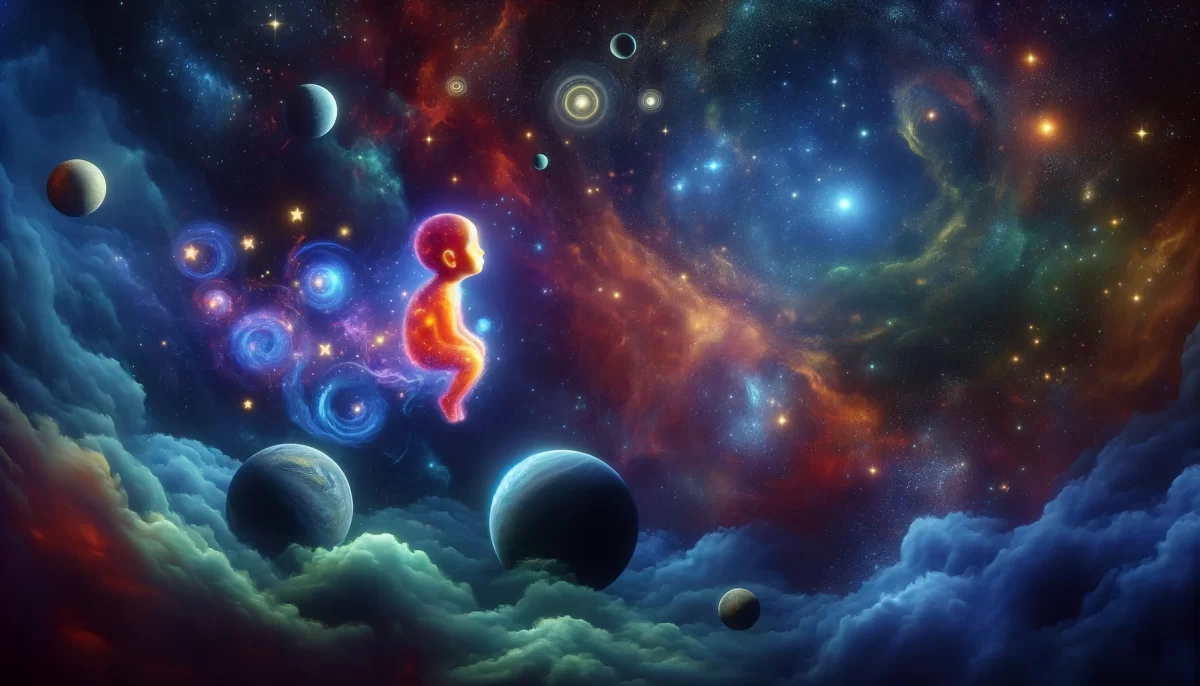




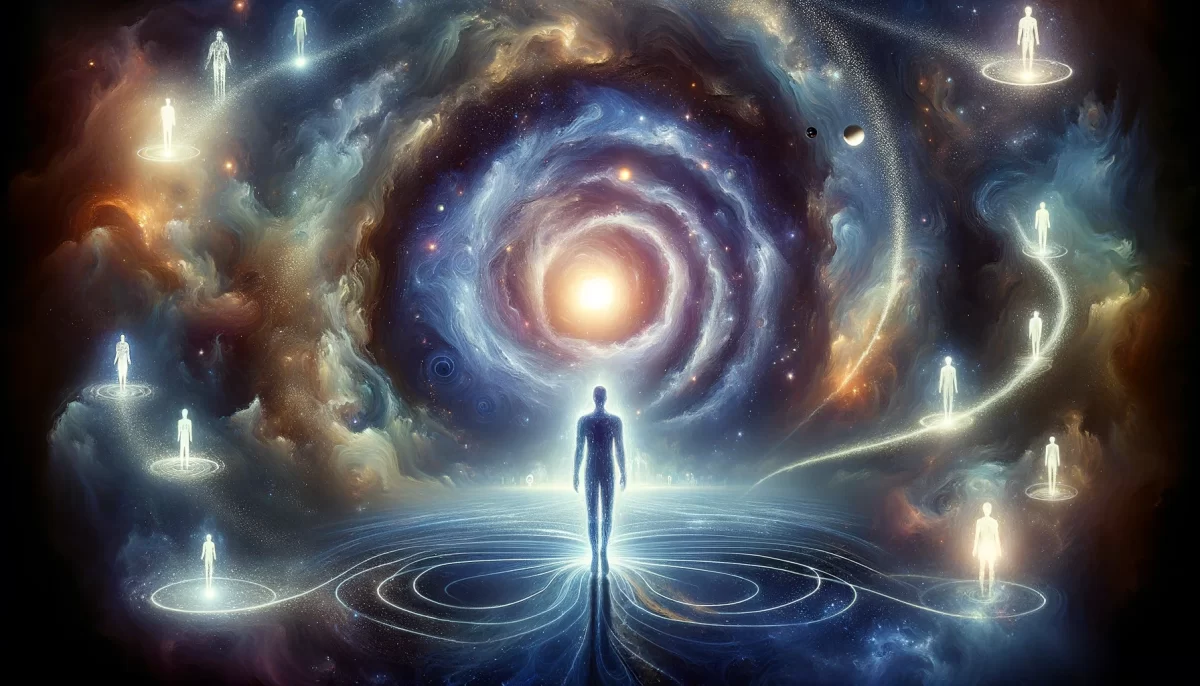

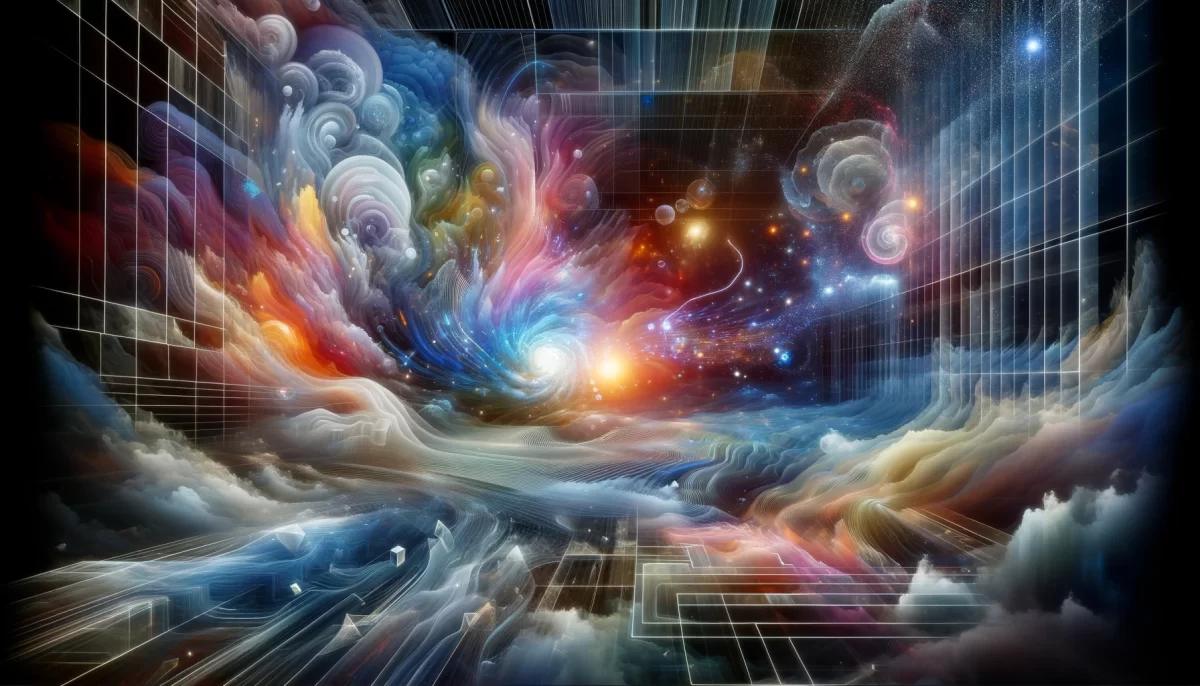




Leave a Reply